Gastrointestinal Organoid Biobank
Patient derived organoids (PDOs) are novel in vitro 3D cell models that preserve original tissue physiology and molecular pathology, thus representing a clinically-relevant alternative to traditional 2D cell lines and an effective tool to refine and reduce animal models. PDOs can be derived from adult patient biopsies or resected tissues containing native LGR5+ stem cell populations and cultured within an ECM-rich substrate using specialized organoid media such as L-WRN conditioned media (SCM105). Adult tissue derived organoids are phenotypically and genetically stable in long term culture, presenting more mature phenotypes compared to iPSC-derived organoids. Importantly, PDOs have shown to be able to predict patient clinical responses to chemotherapeutics.
We are now offering a comprehensive biobank of highly characterized tissue-derived human gastrointestinal organoids from normal and diseased patients. The intestinal organoid biobank contains over 50 highly characterized intestinal organoids from both normal and diseased patients derived from multiple regions of the digestive systems including small intestine (duodenum, ileum), stomach, rectum and colon.
3dGRO™ organoids were derived utilizing HUB Organoid Technology. The purchaser of this product shall agree to HUB’s terms of use, which shall be separately acknowledged and accepted by such purchaser, prior to transfer of this product to purchaser.
Biobank Overview
- 58 Patient Derived Organoid Samples
- Multiple Genders, Age, and Sex
- Multiple Tissues/Diseases: Colon, Duodenum, Ilium, Stomach, Rectum, Cancer, Ulcerative Colitis, IBS
- RNA-Seq Available
- Low Passage and High Viability
- Cultured in Optimized 3dGRO™ L-WRN Conditioned Media

Prep-78-C (SCC311)

Prep-87-C (SCC321)
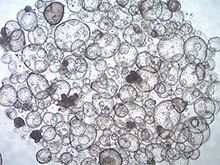
Prep-81-C (SCC313)

14-881-CR (SCC310)
Figure 1. Patient-derived colon organoids from both normal (SCC311, SCC321, SCC313) and diseased patients (rectal adenocarcinoma, SCC310) cultured in L-WRN conditioned media (SCM105) for five passages.
Ordering Information for PDO Biobank |
|---|

Fig 2: Immunocytochemical characterization of human colon organoids (Colon-87, SCC321). Human colon PDOs are positive for colon-specific markers: CA II, CA IV and Mucin5B, posterior hindgut marker: CDX2, stem cell markers: Lgr5 and Sca1 and epithelial markers: TPH-1 and E-Cad.
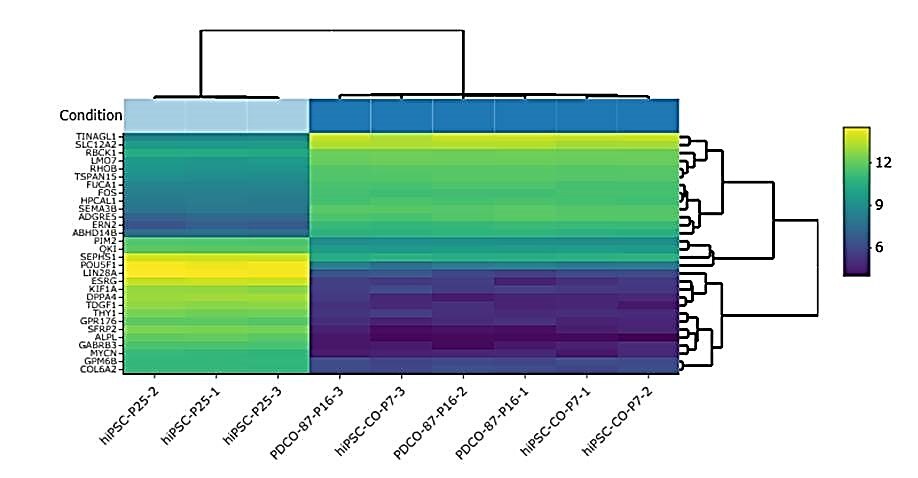
Fig 3:Heatmap of top 30 differentially expressed genes
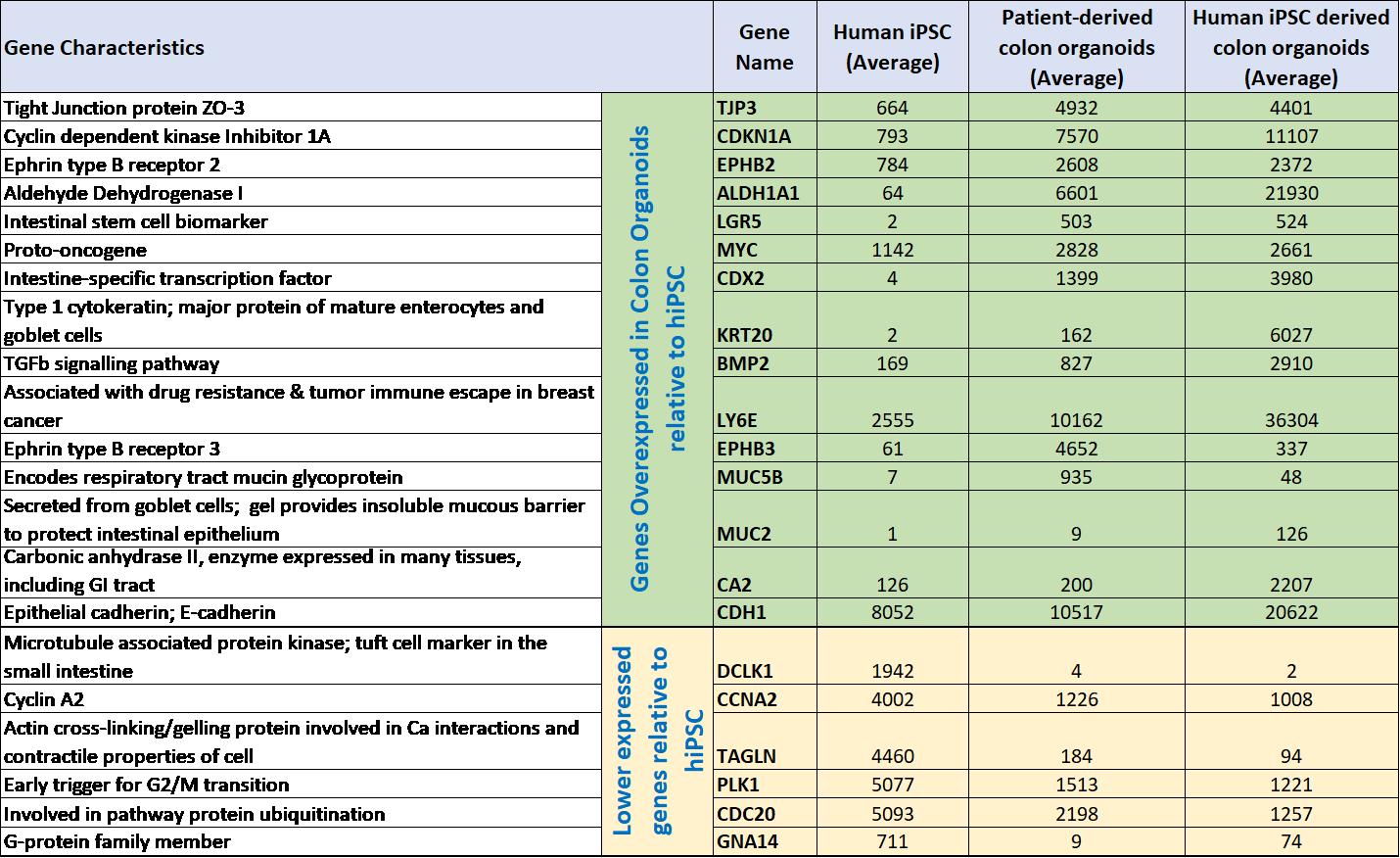
Fig 4: Gene expression differences of human iPSCs, iPSC derived colon organoids vs. adult patient derived tissue organoids.
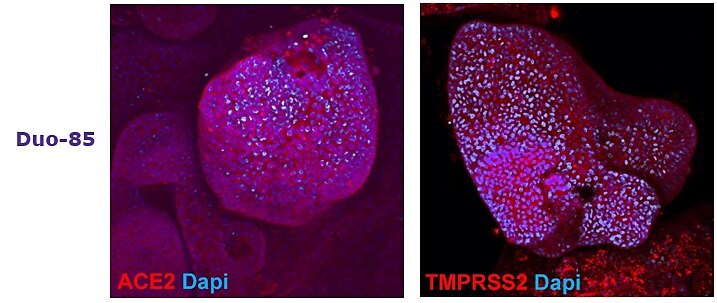
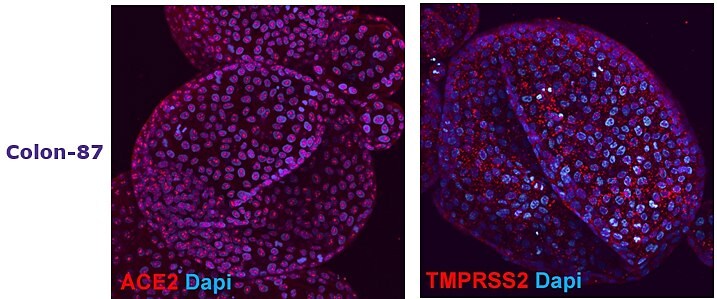
Fig 5: Adult tissue derived colon (SCC321, Colon-87) and duodenum (SCC320, DUO-85) organoids express SARS-CoV-2 related proteins ACE2 and TMPRSS2.

Per continuare a leggere, autenticati o crea un account.
Non hai un Account?